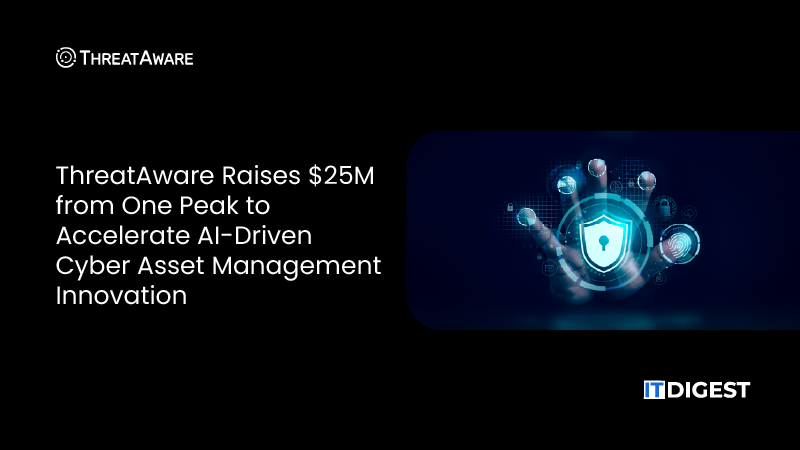Trend Micro Incorporated, a global cybersecurity leader, announced a new study* revealing the prospect of improved security and privacy capabilities are the main motivations behind private 5G wireless network projects.
Trend Micro has announced a new study revealing the main motivations behind private 5G wireless network projects.
“Private 5G networks are cloudy: two-thirds of respondents told us their deployments will use the technology in some way,” said Eric Hanselman, chief analyst at 451 Research, a part of S&P Global market intelligence. “Yet the cloud’s shared responsibility model means these enterprise customers will need to build their own security capabilities. They said they’ll need expert security partners to help them on this journey. Organizations have great expectations for 5G security, but the quality of their partnerships will be the real differentiator.”
Across smart factories, smart hospitals, and other locations, a growing range of organizations is looking to private 5G networks for coverage, control, low latency, and enhanced security as one of the enterprise networks.
Also Read: Dave Increases ExtraCash™ Overdraft Limit to $500 And Launches Instant Access
“We see security risk management as one of the key drivers of the business. There is also a strong desire to focus on ensuring organizations achieve situational awareness across IT, OT, and CT communication technology, such as private 5G,” said Yohei Ishihara, security evangelist at Trend Micro.
However, such environments raise a different set of security issues than those in traditional IT and OT environments. While the biggest concern (31%) for respondents is the exposure of data carried on the private wireless network, they also highlighted top key attack vectors, including:
OS software vulnerabilities (37%)
Configuration errors (34%)
Networking equipment vulnerability (33%)
Device vulnerabilities on RAN (31%) and CORE (27%) networks
Compromise of connected network (27%)
Adding further challenges to security projects is the fact that nearly a quarter (23%) of respondents expect full integration of private wireless network security with existing operational security. More than half (55%) also want to make this work via automated connections.

































